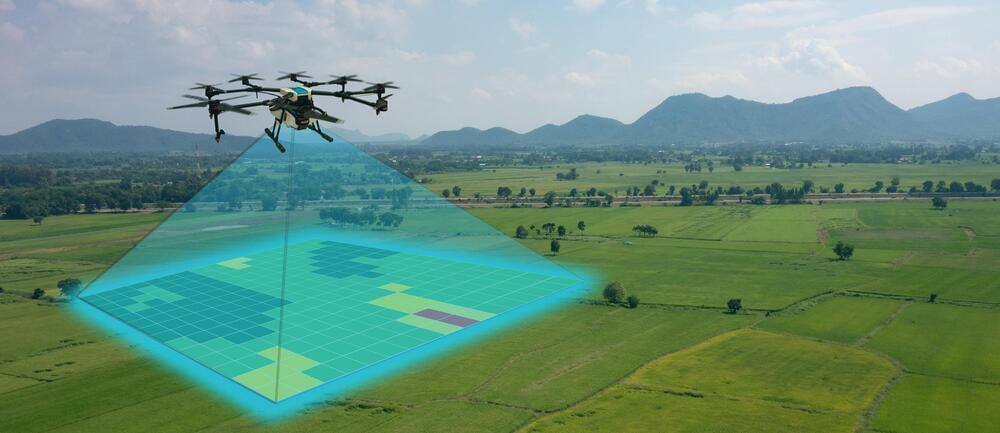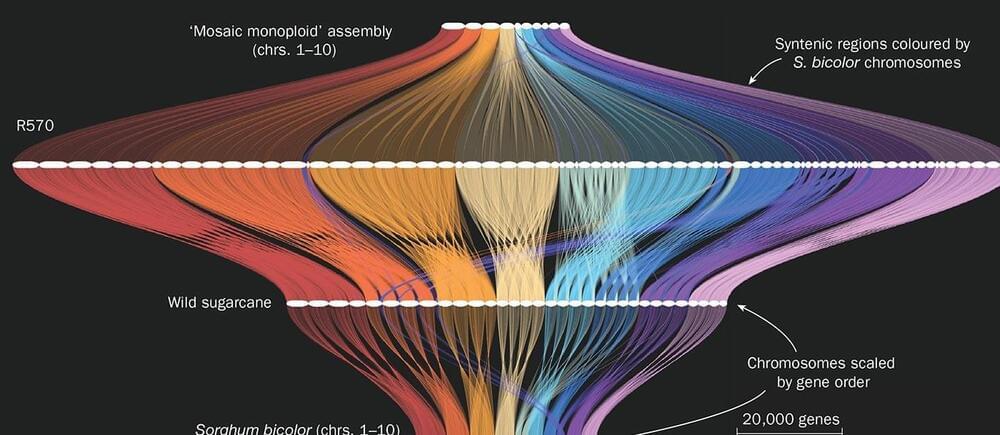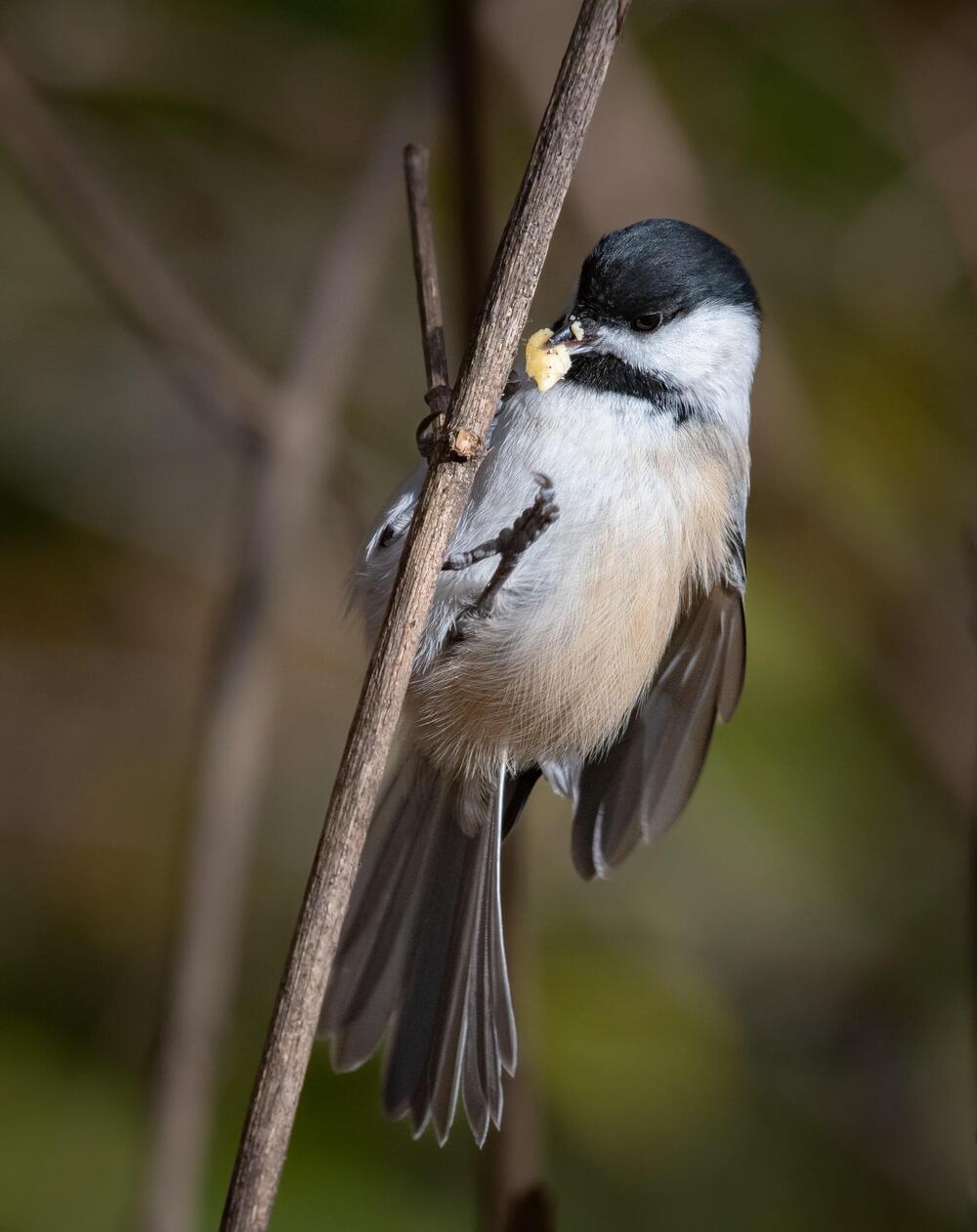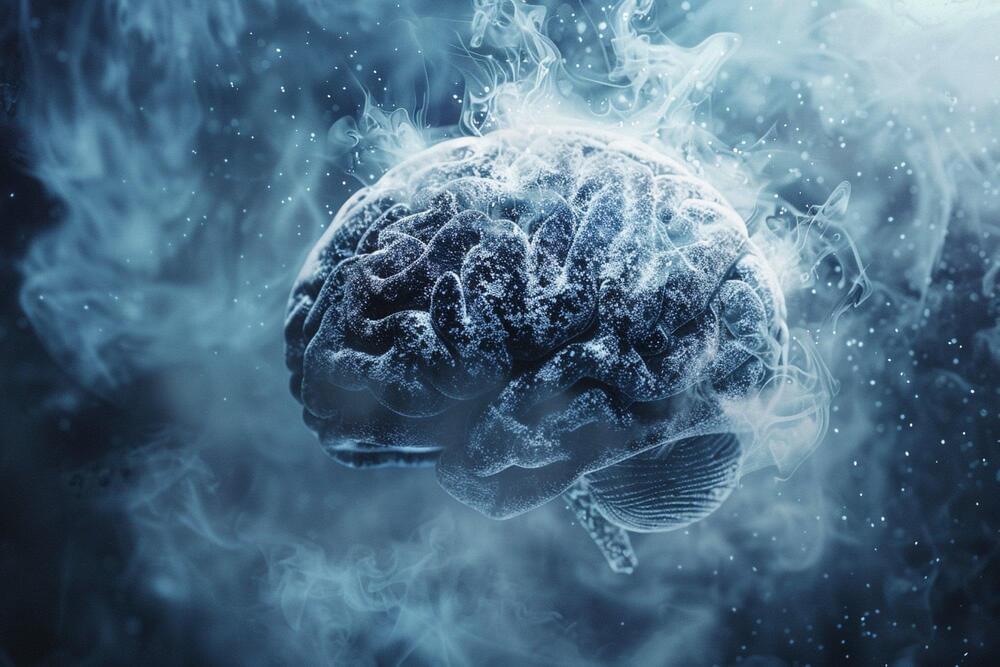Apr 3, 2024
The Future Of Farming: AI Innovations That Are Transforming Agriculture
Posted by Genevieve Klien in categories: food, robotics/AI
Agriculture is a cornerstone of human civilization, a testament to our ability to harness nature for sustenance. Yet, this age-old industry faces many challenges that hamper productivity, impact livelihoods, and threaten global food security.
By 2050, we must produce 60 percent more food to feed a world population of 9.3 billion, reports the Food and Agriculture Organization. Given the current industry challenges, doing that with a farming-as-usual approach could be tricky. Moreover, this would extend the heavy toll we already place on our natural resources.
This is where Artificial Intelligence can come to our rescue. The AI in Agriculture Market is projected to grow from $1.7 billion in 2023 to $4.7 billion by 2028, highlighting the pivotal role of advanced technologies in this sector. This article explores three significant issues agriculture faces today and shows how AI is helping tackle them using real-world examples.


















